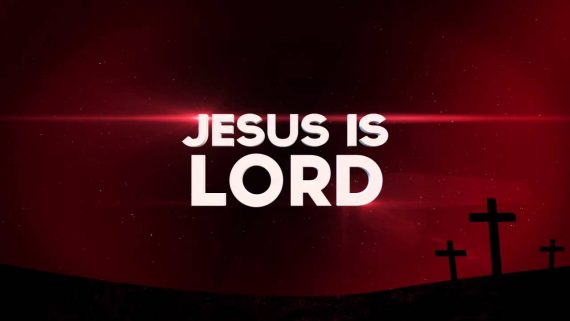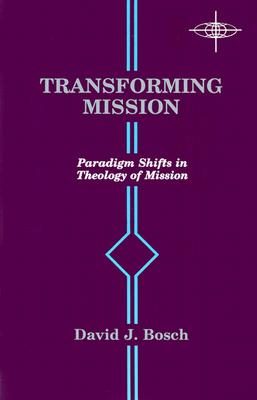Here is a post from the Grace Commentary website that explains some of the benefits of this approach. The original post is here.
There are so many benefits to “publishing” a commentary online rather than in print format. Below are a few (feel free to add more in the comment section of the forum):
1. It’s Expandable. As I come across new information, rather than think “I wish I had put that in the print version!”, I can simply add it!
2. It’s Editable. Almost everything on this site is “written in pencil.” If I later change my views on a particular passage (either through further study of my own, or in light of the comments that are made in the forum), I can easily go change what I have written.
3. It’s free for you! You don’t have to go buy expensive books, or use up shelf space on your bookshelves.
4. It allows feedback. Ever wish you could ask a writer for further clarification or elaboration? Now you can.
5. It allows discussion. Now you can talk about the passages with others online, for the free exchange of ideas and viewpoints. Alternately, feel free to print some pages for family devotions or small group Bible studies.
6. It is worldwide. Wherever there is internet connection, people can study and learn along with the rest of us! (In fact, when I was about 9 or 10, I dreamt of compiling a commentary on the Bible called “The World Commentary” which was written by leading biblical scholars from around the world. This Forum is not fully that, but is a step in that direction since any person from around the world can contribute to the forum.)



 As I continue this series of posts on gospelism (aka evangelism), I imagine this post will generate one of two reactions. Some will say “Duh! I’ve known that forever!” while others will say “Uhhhhh…I don’t like where you’re going with this as it could lead to compromising the simple message of faith alone in Christ alone.”
As I continue this series of posts on gospelism (aka evangelism), I imagine this post will generate one of two reactions. Some will say “Duh! I’ve known that forever!” while others will say “Uhhhhh…I don’t like where you’re going with this as it could lead to compromising the simple message of faith alone in Christ alone.”


 So while gospelism is for all people, discipleship is when we gospelize a select group of individuals.
So while gospelism is for all people, discipleship is when we gospelize a select group of individuals.  Therefore, “evangelism” can be viewed as a process, rather than a one-time event.
Therefore, “evangelism” can be viewed as a process, rather than a one-time event. 